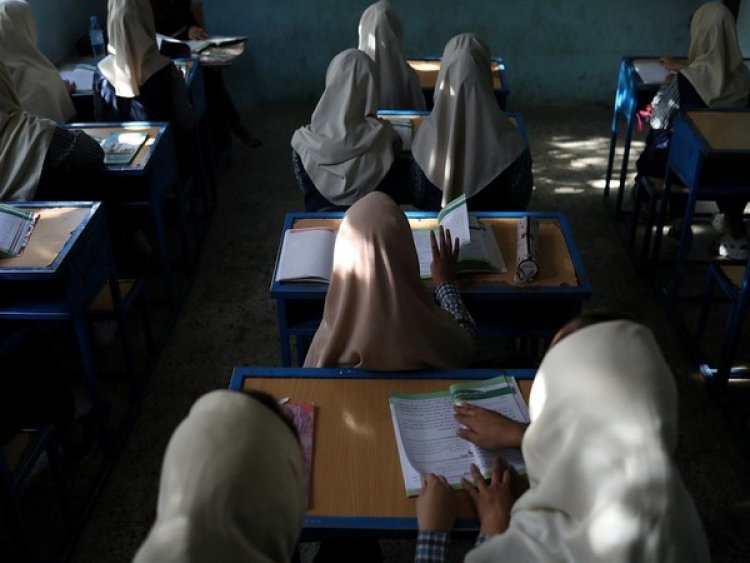Afghanistan: UNICEF announces it will establish thousands of educational classes in country

Kabul, Afghanistan: The United Nations Children's Fund (UNICEF), has declared that it will shortly open approximately a thousand educational classes in Afghanistan, Khaama Press reported.
The initiative, which was unveiled on Wednesday, January 17, is to give some 140,000 Afghanistan's youngsters access to educational opportunities, at a time when the nation is battling its worst humanitarian crisis under the Taliban rule.
The organisation claims that these instructional programmes will foster learning, inspiration, and the construction of a better future.
Additionally, UNICEF has announced that it intends to establish 950 educational classes in Afghanistan using funding from South Korea. This declaration is made at a time when girls in Afghanistan are prohibited from continuing their education past the sixth grade due to the Taliban regime's control of the country, reported Khaama Press.
Due to Taliban-imposed limitations, more than a million Afghan girls are unable to attend school or receive an education. In addition, almost 100,000 female school teachers have lost their jobs, and thousands of women and girls are not being given the chance to pursue further education. These restrictions have negatively impacted Afghan women's and girls' rights to an education, Khaama Press reported.
Despite the Taliban's initial promise to take a moderate approach towards women's rights after it seized power in August 2021, the ban on higher education is just one of many steps that the armed group has taken to further segregate the country and limit women's role in society.
In the immediate aftermath of August 2021, the Taliban banned girls from going to school beyond the sixth grade and imposed strict rules requiring women to wear hijabs and to travel only with a male chaperone. They closed down beauty salons and blocked women from working with domestic and international non-governmental aid groups, sparking international outrage on the matter.















































